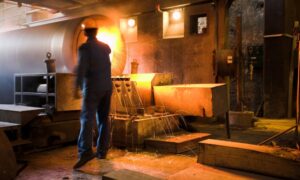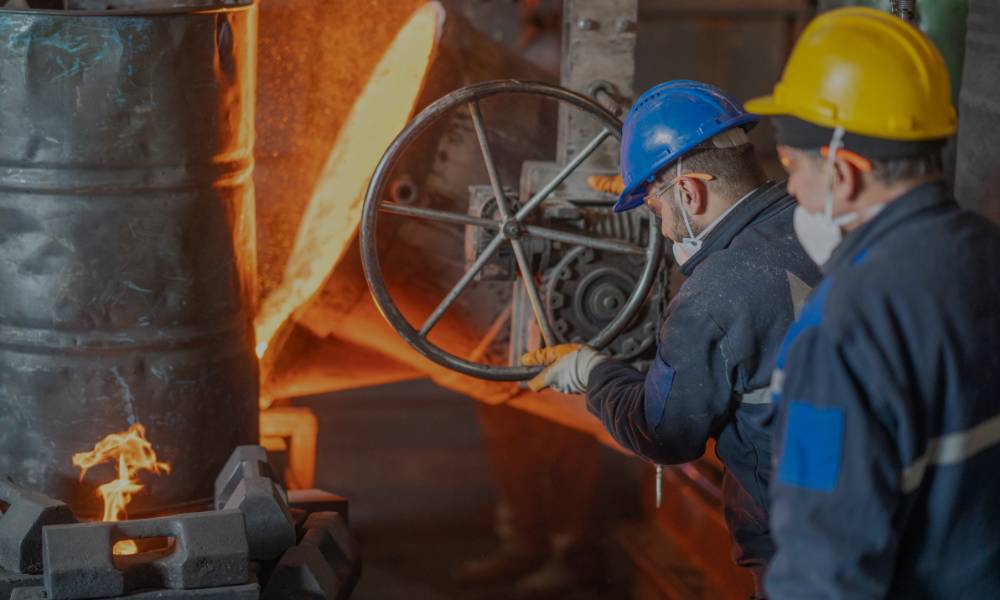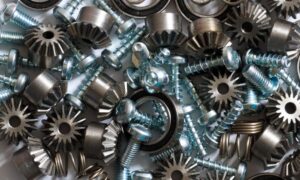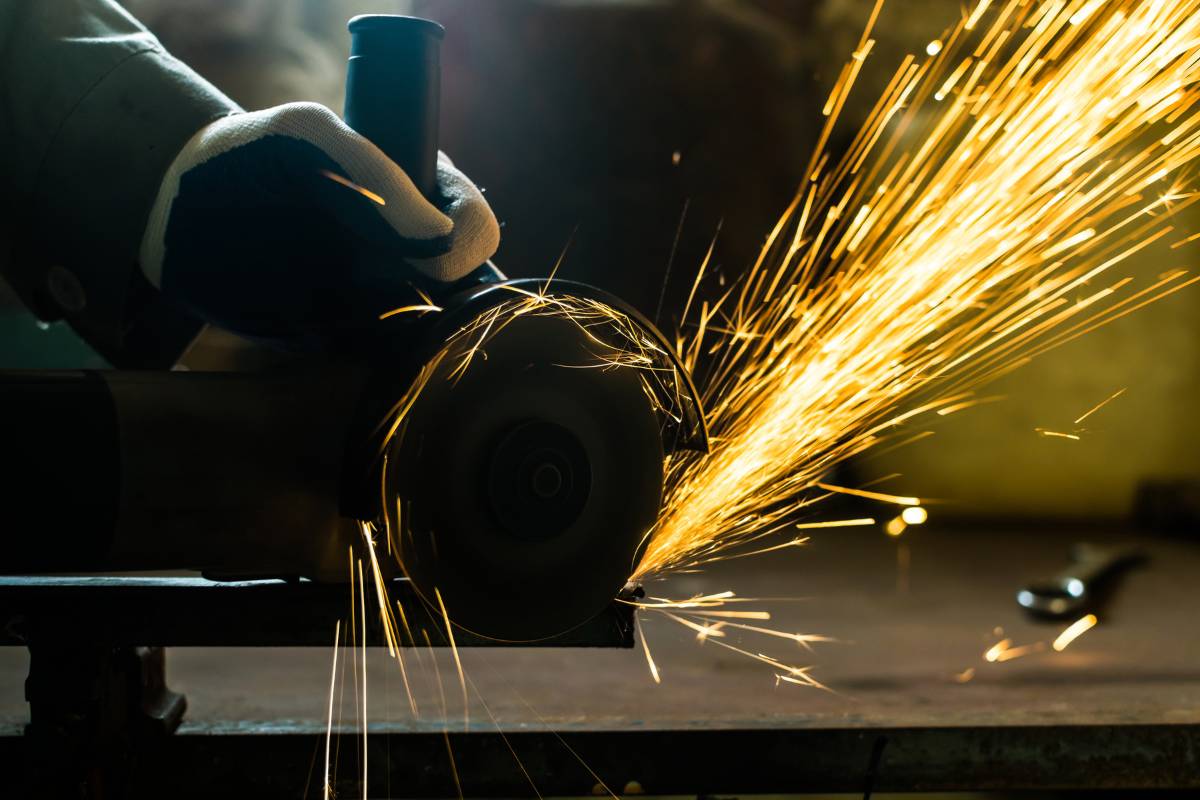
What Is Metallurgical Precision in Casting Manufacturing and Why Does It Matter?

Metallurgical Precision in Casting Manufacturing is the foundation of investment casting excellence. It is the critical process that defines how alloy chemistry, cooling rates, and solidification behavior influence the final component’s strength, durability, and microstructure. This rigorous control ensures that a cast part will perform exactly as designed, meeting the stringent demands of industries like aerospace, medical, and defense.
At Uni Deritend, metallurgical precision in casting manufacturing means engineering reliability at the atomic level . We control critical variables such as grain size, distribution, and phase composition to achieve consistent performance, especially under extreme conditions like high temperatures, aggressive chemical environments, or intense mechanical stress. This level of meticulousness goes beyond simply melting metal and pouring it into a mold; it is a specialized science focused on defect prevention and property enhancement.
The difference between a standard casting and a high-performance part often lies entirely within the execution of Metallurgical Precision in Casting Manufacturing. Without it, parts can suffer from hidden flaws like porosity, segregation, or an unfavorable microstructure, all of which compromise structural integrity. Our commitment to Metallurgical Precision in Casting Manufacturing ensures that every component leaving our facility exhibits superior fatigue resistance, dimensional stability, and material integrity, guaranteeing the reliability our clients depend on.
The Role of Metallurgy in Modern Casting
Metallurgy ensures that every drop of molten metal behaves predictably — flowing, solidifying, and bonding as designed. Achieving this consistency is the core function of Metallurgical Precision in Casting Manufacturing. This level of technical oversight is crucial for minimizing internal stresses, controlling grain structure, and ensuring the final component meets rigorous specifications for strength and service life. Without this precise metallurgical control, even advanced casting processes can result in unpredictable performance, leading to material waste and critical component failure.
Therefore, the commitment to Metallurgical Precision in Casting Manufacturing is the fundamental difference between standard components and truly high-performance parts.
Have Any Questions?
Connect with our experts for quick, reliable answers.
Recent Posts


How Uni Deritend Achieves Metallurgical Perfection
At Uni Deritend, metallurgy isn’t just science — it’s an engineering philosophy. Our process integrates metallurgy at every stage: from design and alloy selection to post-cast treatment and final inspection.
Step-by-Step Approach to Metallurgical Precision
- Alloy Selection – Based on mechanical, thermal, and corrosion requirements.
- Simulation Analysis – Flow and solidification behavior analyzed digitally.
- Controlled Melting – Induction furnaces ensure clean, uniform melts.
- Degassing & Filtration – Prevents porosity and inclusions.
- Heat Treatment – Tailored cycles optimize grain structure.
- Metallurgical Testing – Microstructure validation through microscopy and hardness analysis.
Alloy Expertise That Powers Performance
Advanced Alloy Families at Uni Deritend
- Stainless Steels: 304, 316, Duplex, Super Duplex
- Nickel-Based Alloys: Inconel 625/718, Hastelloy C22/C276
- Carbon Steels: For robust mechanical strength
- Copper Alloys & Aluminum: Lightweight options for complex geometries
Our metallurgical lab continuously innovates alloy recipes to meet emerging industry needs — from high-temperature resistance to lightweight aerospace alloys.


Technologies Enabling Precision
Uni Deritend’s integration of simulation technology and robotic systems allows metallurgists to control every metallurgical variable before production begins.
Key Enablers Include:
- Digital Flow Simulation: Predicts metal behavior during pouring and solidification.
- Robotic Shelling: Ensures uniform coating and consistent ceramic integrity.
- Vacuum Melting Furnaces: Eliminate oxidation and contamination.
- Non-Destructive Testing (NDT): Verifies metallurgical integrity post-casting.
Each casting undergoes dimensional inspection, chemical composition analysis, and mechanical testing to verify compliance with AS9100 and ISO 9001 standards.
Real-World Applications of Metallurgical Precision
- Aerospace Industry: Precision-controlled superalloys are used in turbine blades and engine mounts that withstand extreme heat and fatigue.
- Automotive Sector: Duplex and stainless alloys provide the strength and corrosion resistance needed for turbocharger and exhaust components.
- Oil & Gas Sector: Nickel-based alloys deliver corrosion-proof performance for high-pressure pumps and valves.
- Defense Applications: Heat-treated alloys ensure reliability in armor systems and guided weapon assemblies.
The Uni Deritend Advantage
- Simulation-Based Metallurgy: Predict and prevent defects before production.
- Custom Alloy Development: Tailored compositions for specific industries.
- 45+ Years of Experience: Metallurgical innovation since 1977.
- Certifications: AS9100, ISO 9001, DGQA-approved production lines.
- Sustainability: Wax and energy recycling for eco-efficient operations.
“At Uni Deritend, precision is engineered in the alloy itself — not just in the mold.”
FAQ
Frequently Asked Questions
Frequently Asked Question on Metallurgical Precision In Casting
Metallurgical precision ensures each alloy’s chemistry, microstructure, and grain orientation deliver consistent mechanical strength and performance under high stress, heat, and corrosive conditions.
We integrate digital simulation, controlled melting, and post-cast analysis to ensure every casting meets strict metallurgical parameters for performance and durability.
Our expertise includes stainless steels, duplex steels, nickel-based alloys, and aluminum — each engineered for specific thermal and mechanical requirements.
Metallurgy determines how metal flows, solidifies, and performs under stress. Without metallurgical accuracy, defects like porosity or grain distortion can compromise reliability.
We conduct microstructure analysis, hardness testing, and NDT evaluation using advanced spectrometers, microscopes, and tensile machines to verify alloy integrity.
Aerospace, defense, automotive, and energy sectors rely on metallurgical precision to ensure components deliver consistent performance under demanding environments.
Partner with Uni Deritend – Over 45 Years of Engineering Excellence Since 1977.
